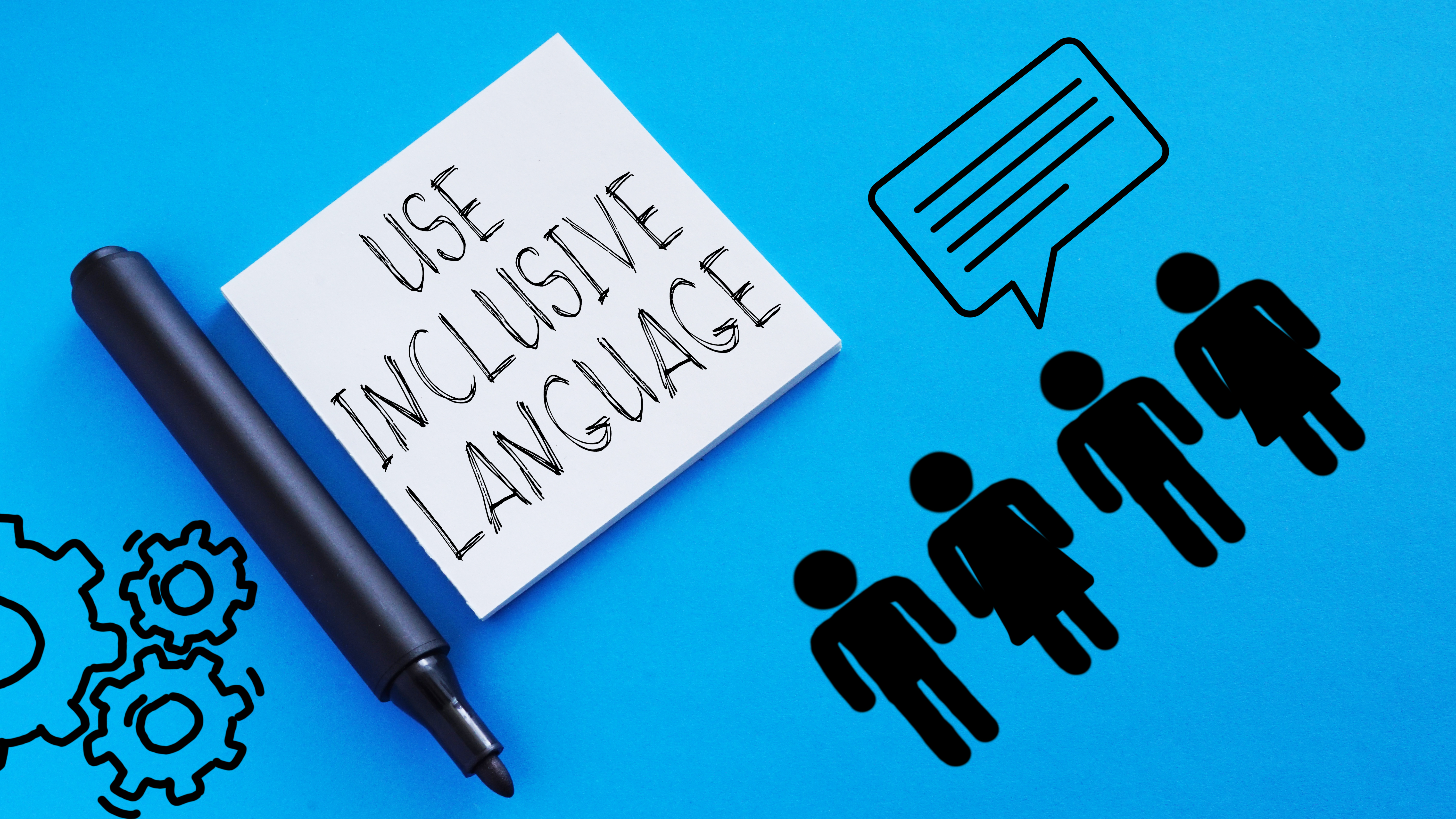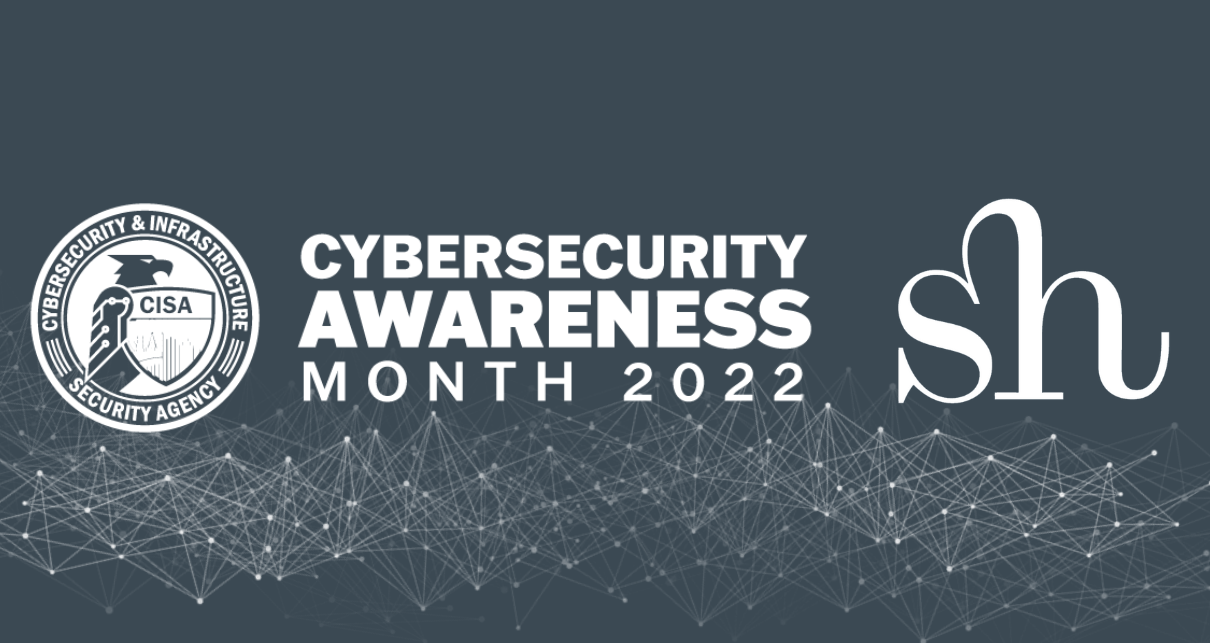

Have you ever been asked, “where are you really from?”
As someone with mixed Tanzanian and Serbian heritage, this question is one I have been asked several times in previous workplaces, and now even expect when meeting someone new. Whilst on face value this might appear to be a harmless statement, usually delivered without bad intention, having your identity questioned by someone you’ve just met can make you feel ‘other’, and it’s taken me a long time to realise that this is a form of microaggression.
Microaggressions are statements, actions, or incidents regarded as an instance of indirect, subtle, or unintentional discrimination against members of a marginalised group such as a racial or ethnic minority. People don’t always notice microaggressions, want to acknowledge them or understand how much they affect the everyday lives of others.
Sadly, I know I’m not alone in my experience, and having lighter-colored skin has shaped my experience of racism in the workplace in perhaps a different way to others. So why am I sharing this?
Race is the single most taboo topic in the majority of UK workplaces, and research shows that most people are not comfortable talking about race in the workplace. In fact, most people find it easier to navigate conversations around age, gender and sexuality with their colleagues. This is a huge problem when we know that:
Research from Green Park found that in 2020 there were no Black CEOs, Chairmen/Chairwomen or CFOs in any of Britain’s 100 largest companies
The Office of Statistics reports that in 2021 London had the highest ethnicity pay gap with 23.8%
The Racism at Work in the UK report found that in 2022 52% of black employees had witnessed racism at work
So, why do we collectively find it so difficult to talk about race at work?
Language around race and ethnicity is hugely subjective and ever-evolving. More importantly, what constitutes inclusive language might mean something different from one person to the next, and most people would agree that they fear saying the wrong thing. But we must start somewhere!
Our choice of words can make the difference between someone feeling engaged and included or ignored and excluded. Using words or phrases without thinking about their meaning can reinforce negative stereotypes. Therefore, it is so important that we understand how to navigate conversations about race, especially when trying to build an inclusive workplace culture where diverse employees feel empowered to bring their authentic selves to work.
Starting the conversation can often be the hardest part. Here’s my advice on making a start:
Avoid making assumptions. We all have unconscious biases relating to race, educate yourself on yours and stop yourself from making assumptions based on stereotypes.
Allow people to define their own identity and disclose information at their own pace. These conversations can still be held without knowing details of every individual’s identity.
Embrace discomfort. Conversations about race can be difficult to navigate, however this is how we can all learn and grow together.
Acknowledge personal preferences. Feel free to say: "I am using x term, but feel free to let me know if there is another term you would prefer". As long as we aren’t afraid to speak without assumptions, there are no issues with having open conversations.
Take accountability. No matter what our intentions are, we want to avoid non-inclusive language at all costs. But don’t avoid the conversation because you’re afraid of making mistakes.
The responsibility of calling out racism falls on all of us, however, the CIPD’s reports on Race Inclusion showed that the role of line managers is key in tackling discrimination in the workplace and in embedding an anti-racism strategy. Managers have a huge part to play in tackling racism at work and leading from the front is paramount to ensure that change really starts to happen.
Stanton House is dedicated to creating inclusive and diverse workplaces. Internally we have created a toolkit to help us navigate conversations about race in the workplace. Please reach out if you would like to receive the toolkit or would like advice on how to create a toolkit for your own organisation.




.png)